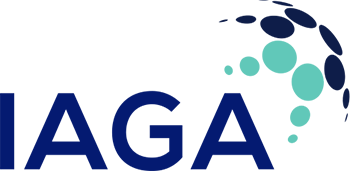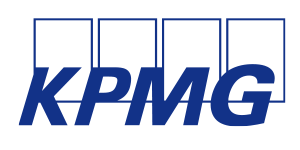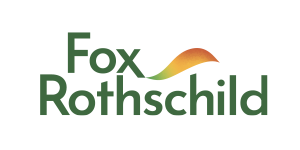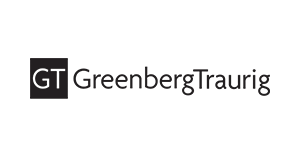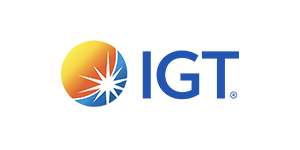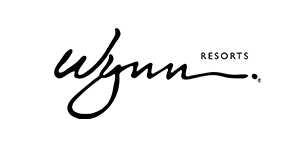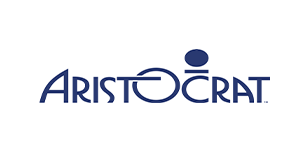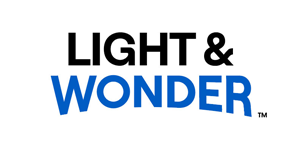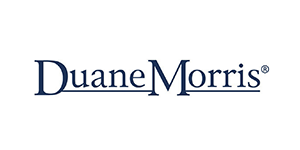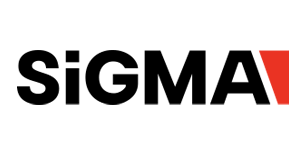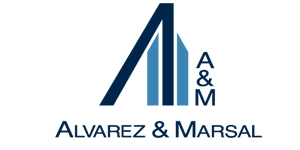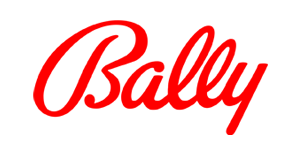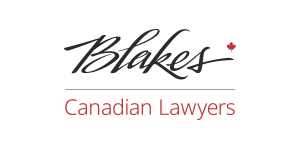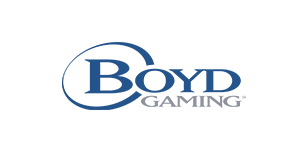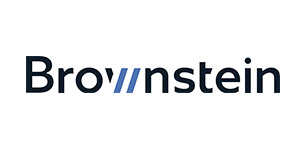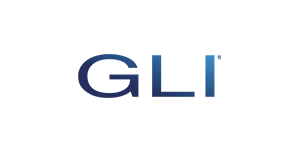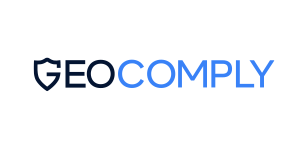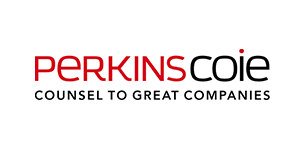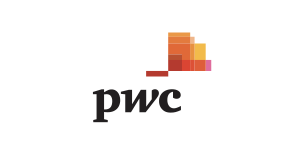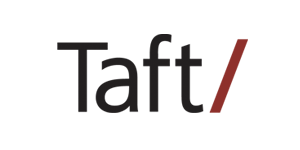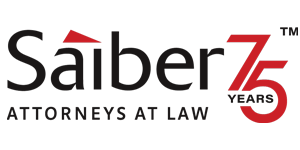- Home
- About IAGA
- Events
- Membership
- Sponsorship
|
Four years since the re-regulation of the Swedish gambling market – trends and outlook Introduction In this article, we summarize how the first four years since the re-regulation have formed the Swedish Gambling market, recollect the most topical issues, and make a brief outlook of what lies ahead. Market Competition –Dominance by Large Operators Image and Reputational Challenges The issue is not to be taken lightly as several Nordic banks have been distancing themselves from certain operators. The issue has primarily affected foreign based operators and generally seems to relate to the Nordic banks’ CSR approach, which is seemingly challenging to align with the public perception of the gambling sector, but also ‒ to some extent ‒ AML issues. This issue has become a major challenge for many licence holders, including some of the largest operators on the market, as they have been blocked from the well-established payment applications operated by Nordic banks which are frequently used by Swedish customers. It remains to be seen whether the banks’ approach will tilt the balance between domestic and foreign operators, but the issue is currently a top priority considering the customer’s high appreciation of the blocked payment services. Channelling challenges The question of how to direct customers to licensed operators has been one of the most debated issues in the Swedish gambling community during the first four years. According to recent data, the share of the total value of bets with licensed operators on the competitive part of the Swedish market amounted to 87 per cent in 2021 as compared to less than 50 per cent prior to re-regulation in 2019. However, that number does not reflect the portions of customers gambling on unlicensed platforms. Both the SGA and the gambling operators are of the conclusion that the value of gambling with unlicensed operators is attributable to a significantly lower share of the customers. If true, that trend is alarming from a gambling abuse perspective considering the lack of RG protocols with the unlicensed operators. As regards the measures taken during the first four years to target unlicensed operators, the current remedies available have proved to be disappointing. During 2019 – 2022, the SGA held that 31 unlicensed operators had provided unauthorized gambling services to the Swedish market and reported the cases to the police. However, all criminal matters were closed by the Swedish public prosecutor. Furthermore, 24 of the 31 injuncted unlicensed operators have continued to direct their services towards Swedish customers. Notably, all 24 of these operators are based in Curaçao whose authorities have not adhered to the SGA’s requests to cooperate in this respect. Outlook The recent amendments to the Gambling Act are highlighted by the implementation of mandatory B2B licenses for gambling software in Sweden with effect on 1 July 2023. The main objective for this new regime is to prohibit gambling software providers to provide services to unlicensed B2C operators. In summary, the next chapter for Swedish gambling sector is about to ensue. The upcoming year and the operators’ reactions to the recently implemented regulatory requirements and remedies will serve as a good indication of the next challenges and market developments. In turn, this will set the agenda for the SGA’s enforcement. |
